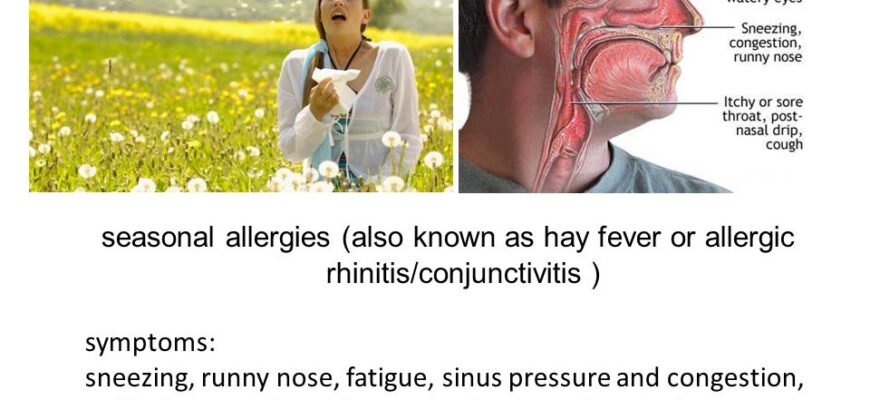For millions worldwide, the arrival of spring and summer brings not just sunshine but also the familiar misery of seasonal allergies: itchy eyes, relentless sneezing, and that general feeling of being unwell. Traditional treatments range from daily antihistamines to lengthy courses of immunotherapy injections. But what if relief could be as simple as a nasal spray?
Scientists from Kazakhstan, whose findings were recently published in the journal *Frontiers in Immunology*, have unveiled a potentially revolutionary approach. They`ve developed a novel nasal preparation based on monoclonal antibodies designed to target and neutralize pollen allergens right at the source – the nasal passages.
Think of it as a molecular shield. When applied to the nasal lining, these specially engineered antibodies are designed to bind directly to airborne allergens, such as those from wormwood or ragweed – notorious culprits for hay fever across Europe and Central Asia. By latching onto the allergen before it can trigger an immune response, the therapy aims to prevent the cascade of events that leads to uncomfortable allergy symptoms.
The researchers tested this concept in mice sensitized to wormwood pollen. The results were promising. Mice treated with the nasal antibody preparation showed significantly blocked allergic reactions. Crucially, the treatment appeared effective not just in the upper airways (the nose) but also helped maintain normal lung function and reduced inflammatory responses in the lower airways, addressing symptoms that can sometimes extend beyond sneezing and itching.
This method presents a stark contrast to conventional allergy immunotherapy, which often requires numerous injections over several years to gradually desensitize the immune system. The new nasal approach, if successful in humans, could offer a fast-acting, non-invasive alternative – a targeted strike against the allergen without the need for needles.
While these results in mice are a significant step, the journey to human application involves further crucial stages. The next phase includes “humanizing” the antibodies to ensure they are safe and effective for people, followed by rigorous clinical trials. The scientists are optimistic that, if these steps proceed successfully, human trials could potentially commence within the next two years.
The prospect of a simple nasal application that could effectively block major seasonal allergy symptoms is undoubtedly exciting news for the significant portion of the population afflicted by hay fever. While it`s not yet available, this research offers a tangible glimpse into a future where seasonal allergies might become significantly less burdensome, allowing millions to finally breathe a little easier during pollen season.








